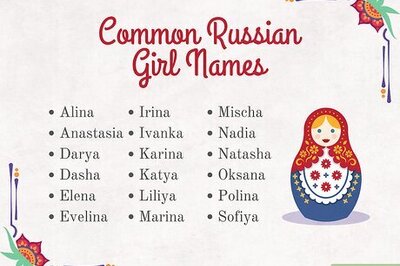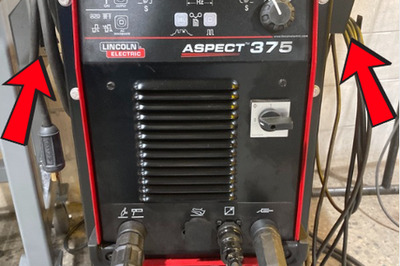
views
Tokyo: Japanese engineers conceded on Friday that burying a crippled nuclear plant in sand and concrete may be the only way to prevent a catastrophic radiation release, the method used to seal huge leakages from Chernobyl in 1986.
Officials said they still hoped to fix a power cable to at least two reactors to restart water pumps needed to cool overheating nuclear fuel rods. Workers also sprayed water on the No 3 reactor, one of the most critical of the plant's six.
It was the first time the facility operator had acknowledged that burying the sprawling complex was an option, a sign that piecemeal actions such as dumping water from military helicopters were having little success.
"It is not impossible to encase the reactors in concrete. But our priority right now is to try and cool them down first," an official from the plant operator, Tokyo Electric Power Co, told a news conference.
As Japan entered its second week after a 9.0-magnitude earthquake and 10 metre (33-foot) tsunami flattened coastal cities and killed thousands of people, the world's worst nuclear crisis since Chernobyl looked far from over.
Millions in Tokyo remained indoors on Friday, fearing a blast of radioactive material from the complex, 240 km (150 miles) to the north, although prevailing winds would likely carry contaminated smoke or steam away from the densely populated city to dissipate over the Pacific Ocean.
Radiation did not pose an immediate risk to human health outside the vicinity of the plant, said Michael O'Leary, the World Health Organisation's representative in China.
"At this point, there is still no evidence that there's been significant radiation spread beyond the immediate zone of the reactors themselves," O'Leary told reporters in Beijing.
Japan's nuclear disaster has triggered global alarm and reviews of safety at atomic power plants around the world.
President Barack Obama, who stressed the United States did not expect harmful radiation to reach its shores, said he had ordered a comprehensive review of domestic nuclear plants and pledged Washington's support for Japan.
The Group of Seven rich nations, stepping in together to calm global financial markets after a tumultuous week, agreed to join in rare concerted intervention to restrain a soaring yen.
The top U.S. nuclear regulator said it could take weeks to reverse the overheating of fuel rods at the Fukushima Daiichi plant.
"This is something that will take some time to work through, possibly weeks, as you eventually remove the majority of the heat from the reactors and then the spent-fuel pools," Nuclear Regulatory Commission Chairman Gregory Jaczko told a news conference at the White House.
Yukiya Amano, head of the Vienna-based International Atomic Energy Agency (IAEA), arrived in his homeland on Friday with an international team of experts after earlier complaining about a lack of information from Japan.
Graham Andrew, his senior aide, called the situation at the plant "reasonably stable " but the government said white smoke or steam was still rising from three reactors and helicopters used to dump water on the plant had shown exposure to small amounts of radiation.




















Comments
0 comment